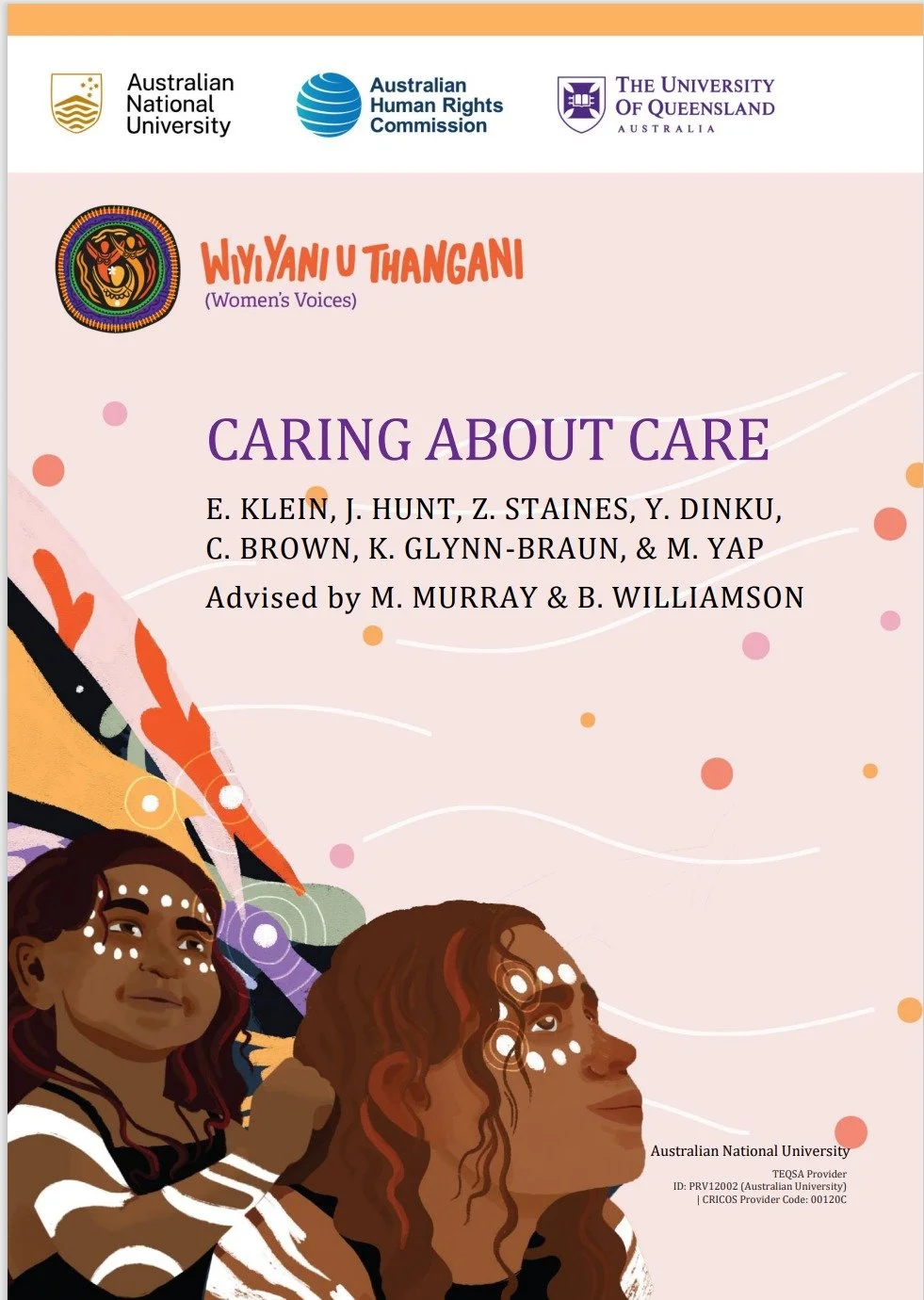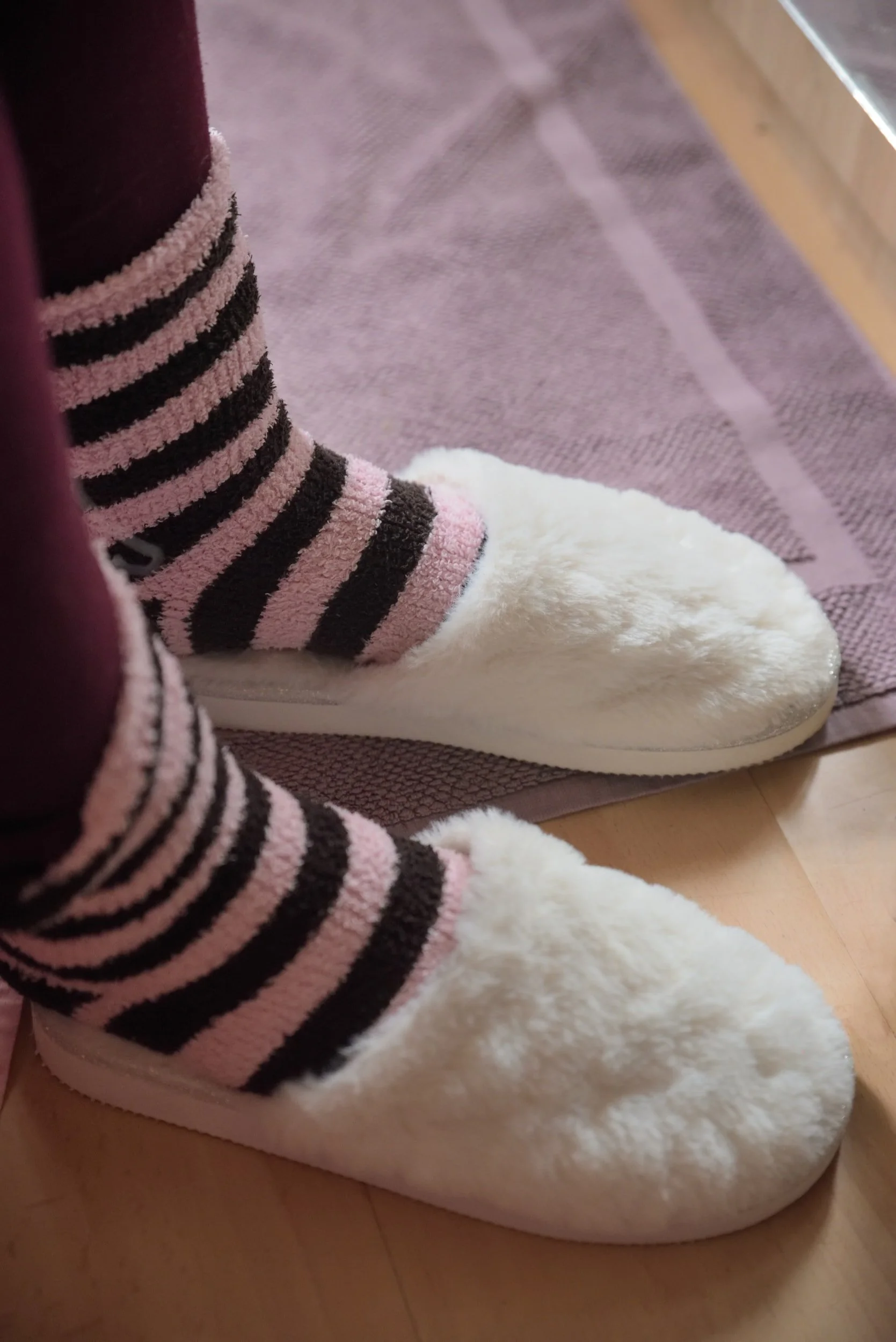Every young person has a right to evidence-based education to support their sexual health and wellbeing. But Australian schools continue to skirt around the S-E-X word, preach abstinence or throw some bananas and condoms in the break room and hope for the best. As Brianna Delahunty and Linnea Burton Smith from the ERA’s Young Women’s Advisory Group argue, Australians deserve inclusive, safe and respectful education that prepares them for the real world and real relationships.
Read MoreThe World Bank reports that nearly 2.4 billion women globally do not have the same economic rights as men. Women are more likely to be impoverished than men, and these disparities are more pronounced in countries in the Global South. Even though international policies have been developed to promote gender equality, their impact is uneven. In today’s piece, Hilda Aboagyewaa Agyekum, PhD candidate at the Crawford School of Public Policy, ANU, examines the influence of culture and context on the interpretation and implementation of gender policies, drawing on examples from Africa.
Read MoreLGBTIQA+ people are more likely to experience marginalisation, stigma, social exclusion, abuse, and violence than the wider community. Philippa Moss, CEO of ACT-based LGBTIQA+ peer-led health service Meridian, and Alison Barclay, researcher and social impact consultant, explain how peer-led services are helping to address this gap, and what more needs to be done.
Read MoreMarisa Lo Bartolo (LinkedIn), from Good Shepherd (@GoodShepANZ) reflects on the recent Australian Domestic, Family and Sexual Violence Recovery and Healing Conference in Wollongong. Marisa is a Policy and Advocacy Advisor, and has a particular interest in the primary prevention of gender based violence, trauma recovery, and issues faced by LGBTIQA+ communities.
Read MoreVictoria recognised forced marriage as a form of family violence 4 years ago, however there’s been no examination or reporting regarding its impact. Dr Siru Tan, Lecturer, Criminology, Monash Gender and Family Violence Prevention Centre, explores what can be done to increase opportunities for support. This article was originally published in Monash Lens.
Read MoreMany women who experience family violence, many reach out to a healthcare professional. In today’s analysis, Dr Joyce Chia (@JoyceKWChia), Policy & Advocacy Lead at Health Justice Australia (@HealthJusticeAu), asks how we can better equip the health system to respond to violence against women and children. Health Justice Australia is a national not-for-profit centre of excellence that supports the expansion and effectiveness of health justice partnerships.
Read MoreJenny Chanfreau (@JenChanf) provides some reflections on gendered patterns of how adults assist their ageing parents, analysed according to sibling composition. This post is based on Jenny’s article in Ageing & Society, and first appeared on the FemQuant blog.
Read MoreIn today’s post, Sulagna Basu (@sulagna_basu) and Briony Lipton (@briony_lipton) discuss the findings of their recent research into work attire and conceptions of professionalism, highlighting the minefield women negotiate on a daily basis.
Read MoreOur care industries are vital to a healthy, functioning economy. In today’s analysis, Kristine Ziwica (@KZiwica), a journalist with 20 years experience working in Australia, the United States and the UK on human rights and gender equality campaigns, argues that we need to invest in our people and place care at the centre of the Australian economy.
Read MoreGender equality and the treatment of women have been persistent political and policy issues throughout the 46th Australian Parliament. In today’s analysis, Associate Professor of International Relations Katrina Lee-Koo (@KateLeeKoo), from Monash University (@MonashUni), explores how gender equality and the treatment of women are likely to shape the vote at Saturday’s election.
Read More
















